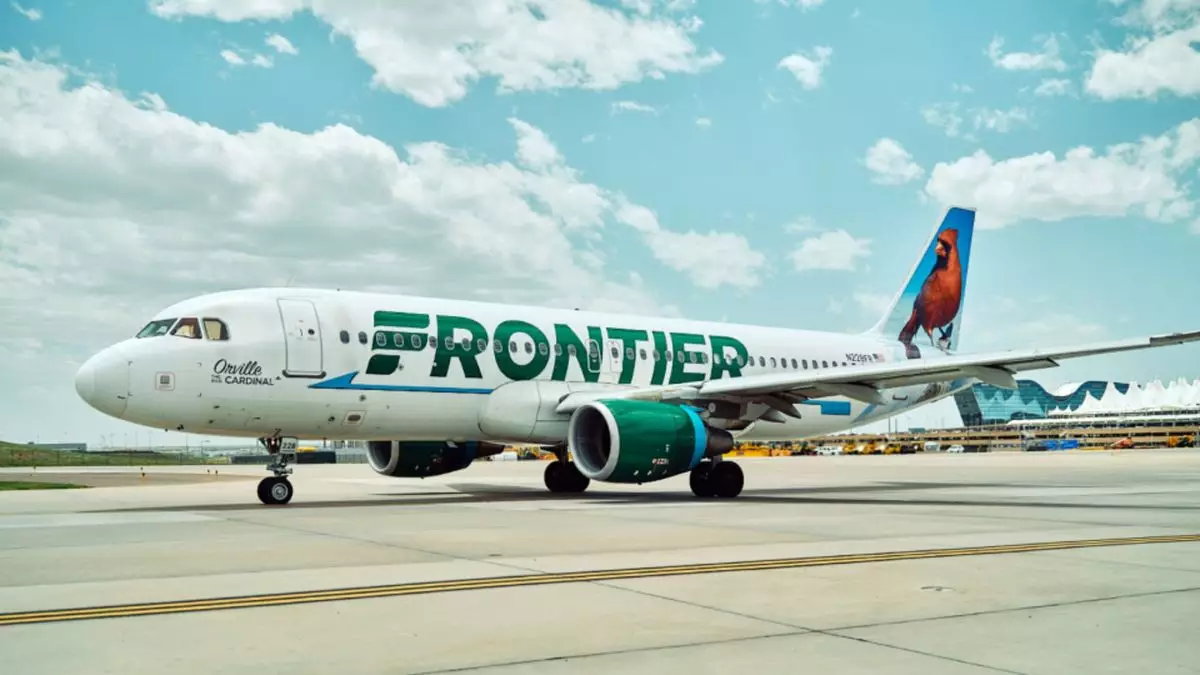Frontier Airlines, well-known for its aggressive ancillary product pricing strategies, has recently announced a significant shift in its merchandising approach. The carrier, which previously relied heavily on unbundled pricing models, has decided to move towards a more conventional pricing structure similar to other U.S. airlines. This change comes as a response to evolving consumer preferences and the need to simplify the booking process for travelers.
Under the new merchandising strategy, Frontier now offers three main fare bundles – Basic, Economy, and Business, each catering to different traveler needs. The Economy bundle, which aligns more closely with the offerings of traditional full-service carriers, includes carry-on bags and the option to select a standard seat at the time of booking. One of the key changes is the removal of change and cancel fees, making it a more attractive option for travelers seeking flexibility.
The new fare bundles are priced significantly lower than Frontier’s previous fare bundles, The Works and The Perks. The Economy bundle starts at $30 more than the basic fare each way, while the Premium and Business bundles cost an additional $20 and $50 respectively. These bundles offer travelers the opportunity to customize their travel experience at a more affordable rate, encouraging more passengers to opt for additional services.
Frontier’s decision to introduce fare bundles at the beginning of the booking process, rather than after flight selection, simplifies the decision-making process for travelers. CEO Barry Biffle emphasizes the importance of making the new bundles easily comparable to those offered by traditional U.S. airlines. Additionally, the airline is offering 2,500 frequent flyer miles to customers who find a cheaper comparable flight on the same route and day.
As Frontier aims to attract a wider range of flyers with its new pricing strategy, industry analysts remain skeptical about the airline’s ability to increase revenue. Brett Snyder, an airline industry analyst, believes that Frontier must address operational challenges and improve its reputation to succeed in the long run. Despite the positive changes, Frontier still faces competition from full-service carriers and must work towards enhancing its overall customer experience.
Frontier’s shift in merchandising strategy comes at a time when rival airline Spirit is also considering changes to its pricing model. While Spirit has recently eliminated change and cancellation fees, the airline has yet to fully disclose its future plans. Industry experts suggest that Frontier’s proactive approach towards revamping its pricing structure may give it a competitive edge over other budget airlines in the market.
Frontier Airlines’ decision to reform its merchandising strategy marks a significant milestone in the airline industry. By introducing simplified fare bundles and prioritizing customer value, Frontier aims to appeal to a broader range of travelers and enhance its overall competitiveness in the market. While challenges remain, including operational improvements and reputation management, Frontier’s proactive approach towards adapting to evolving consumer preferences sets a positive precedent for the future of budget airlines.

